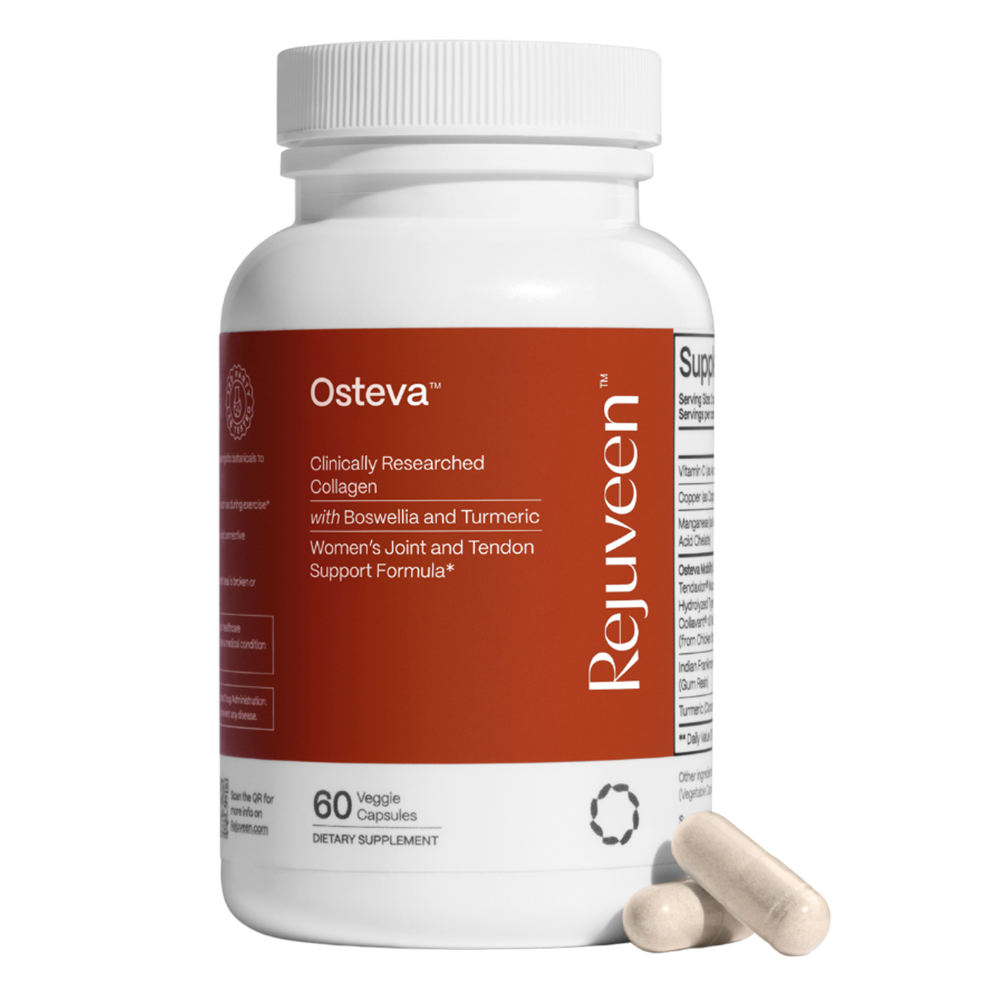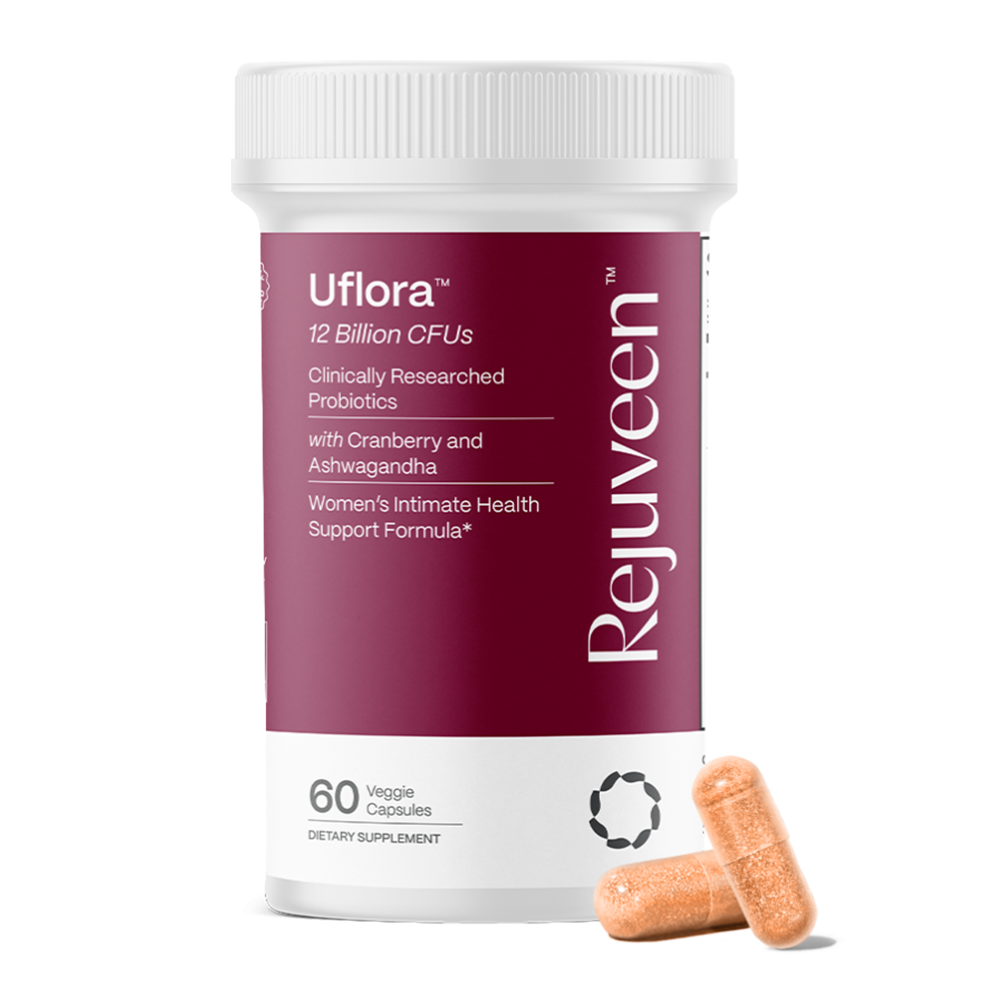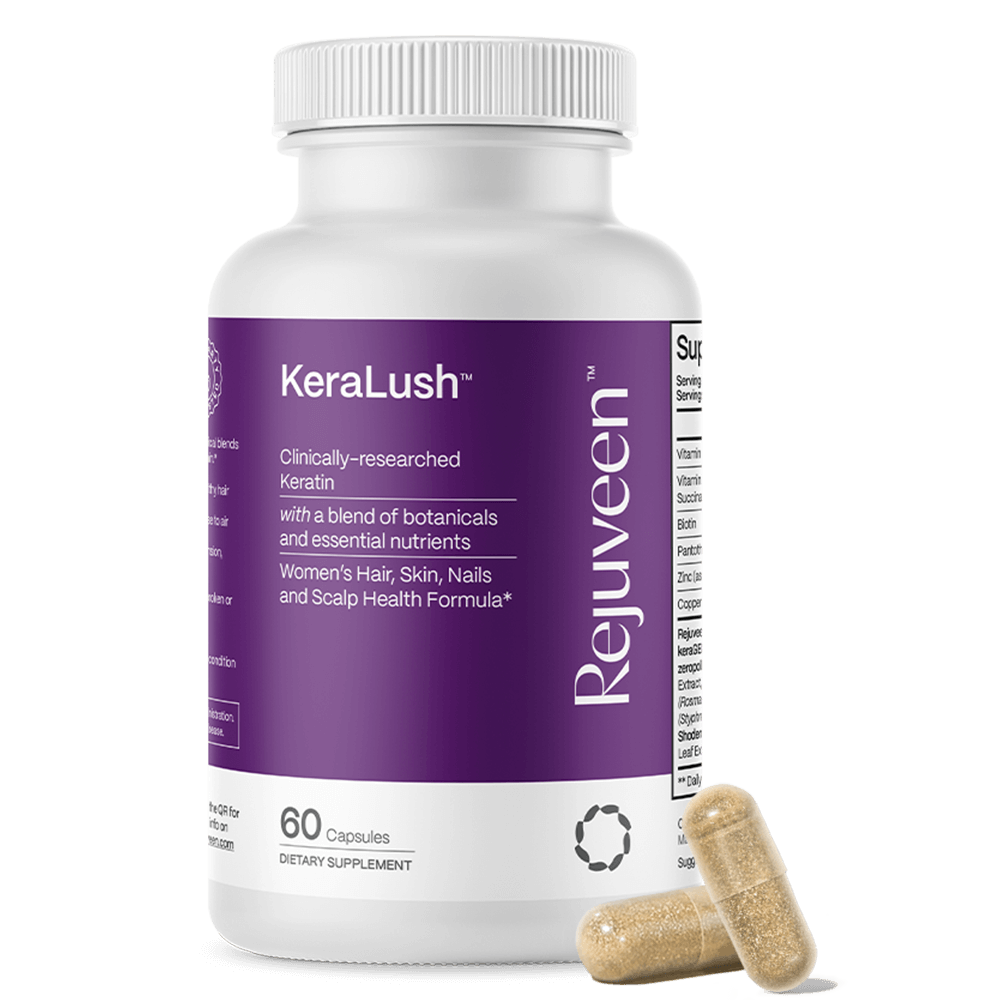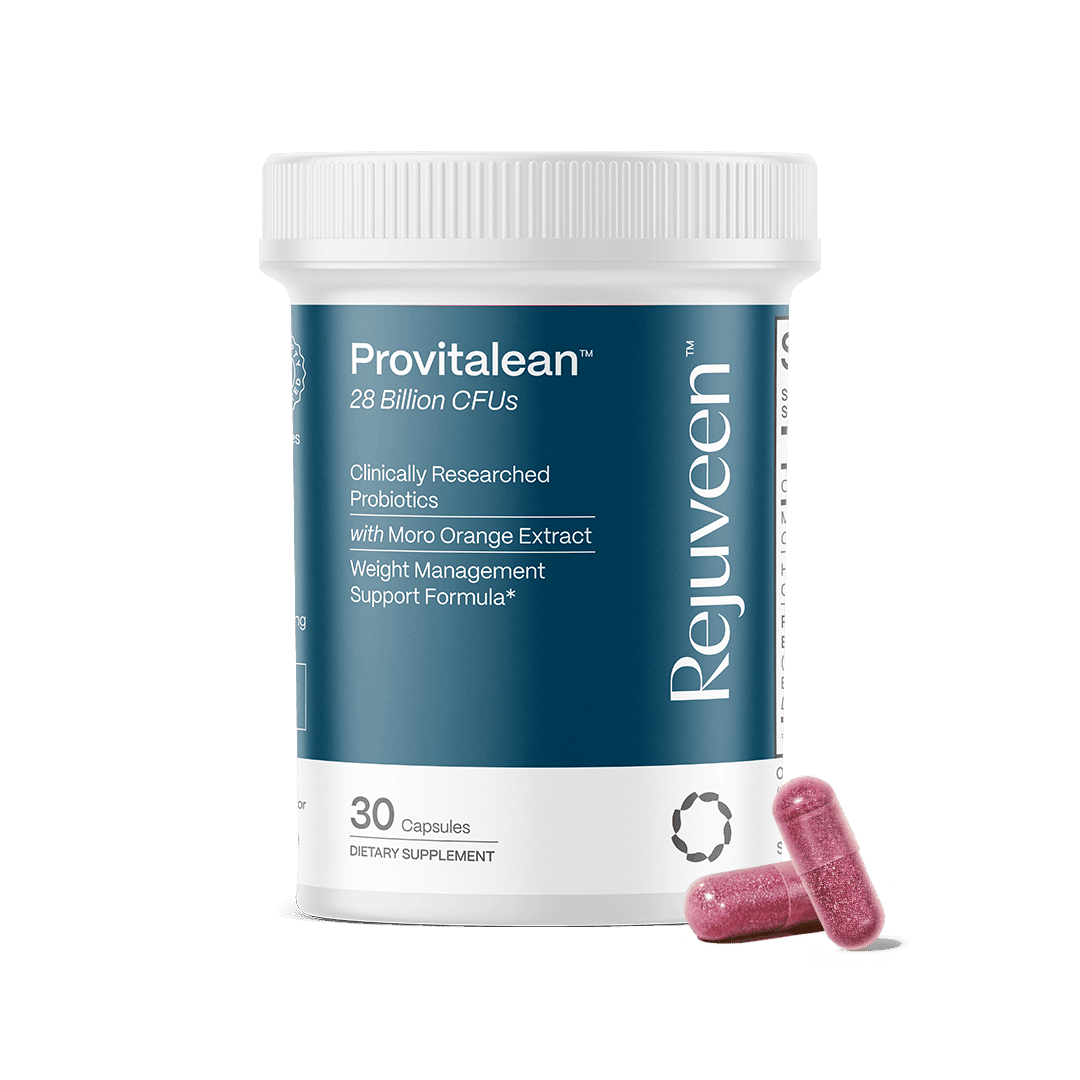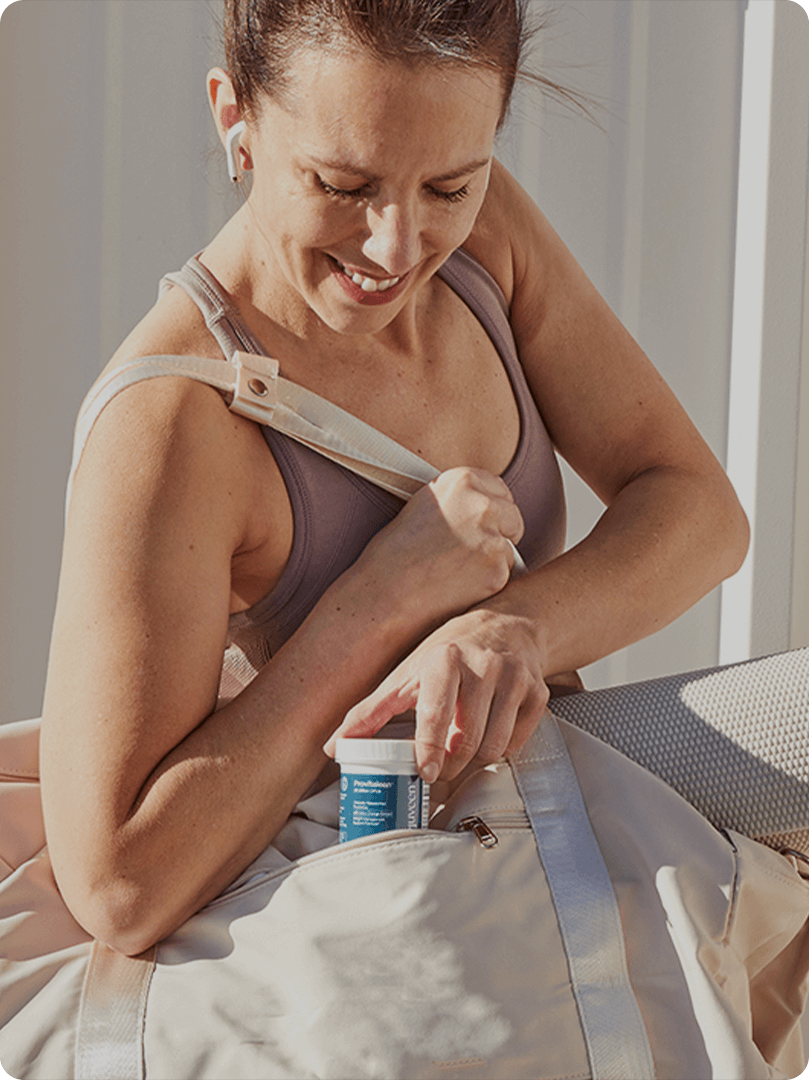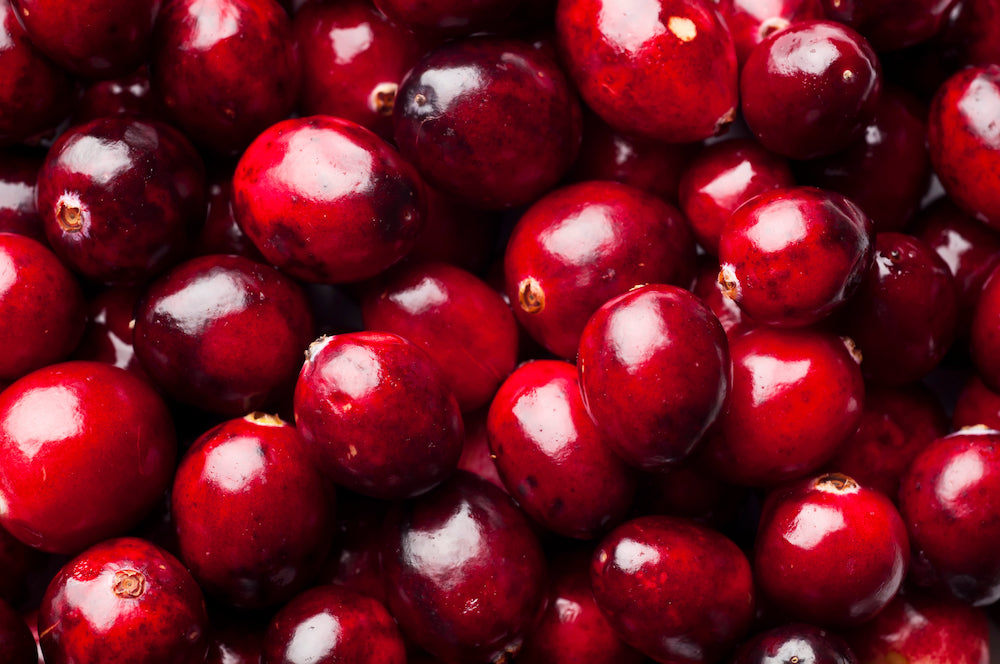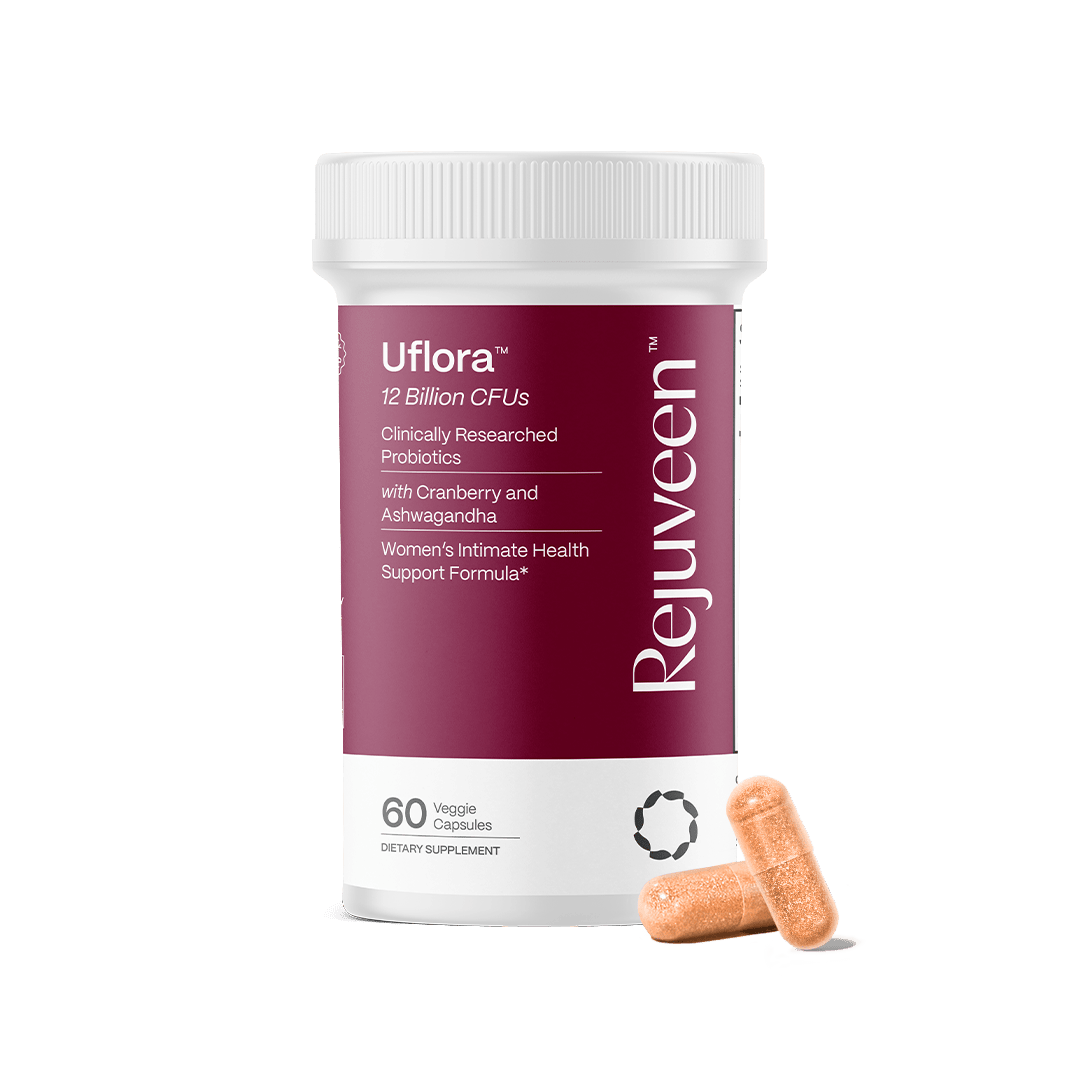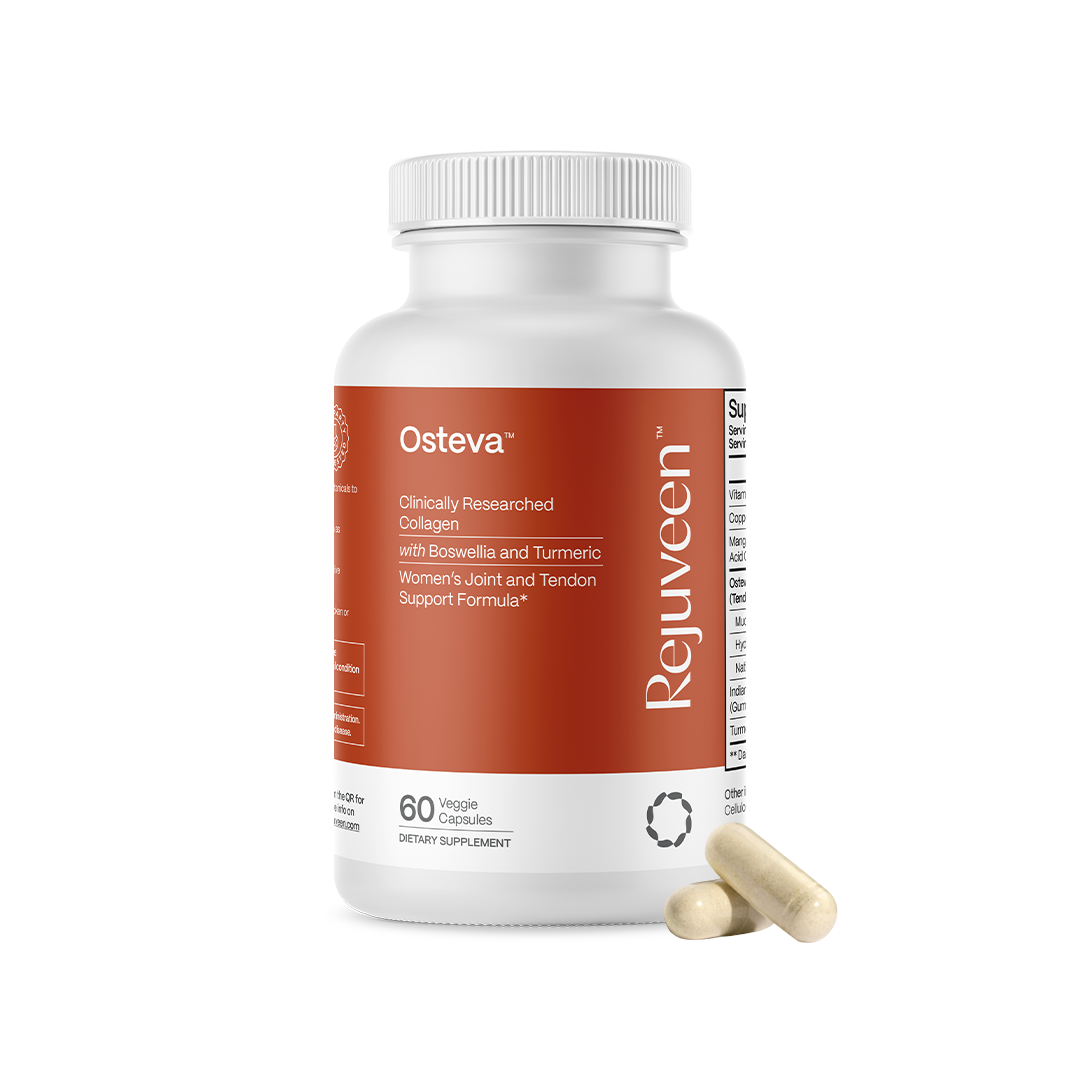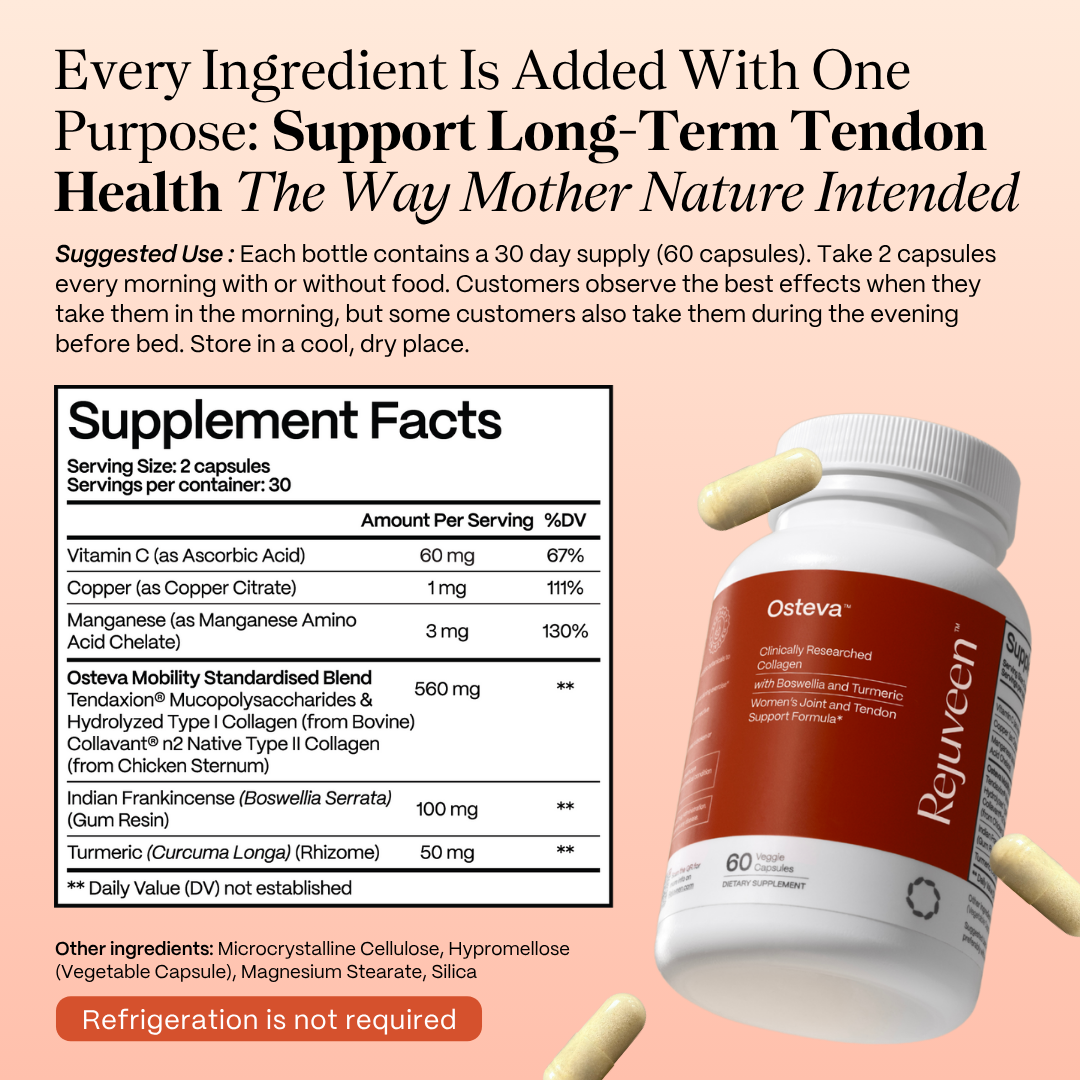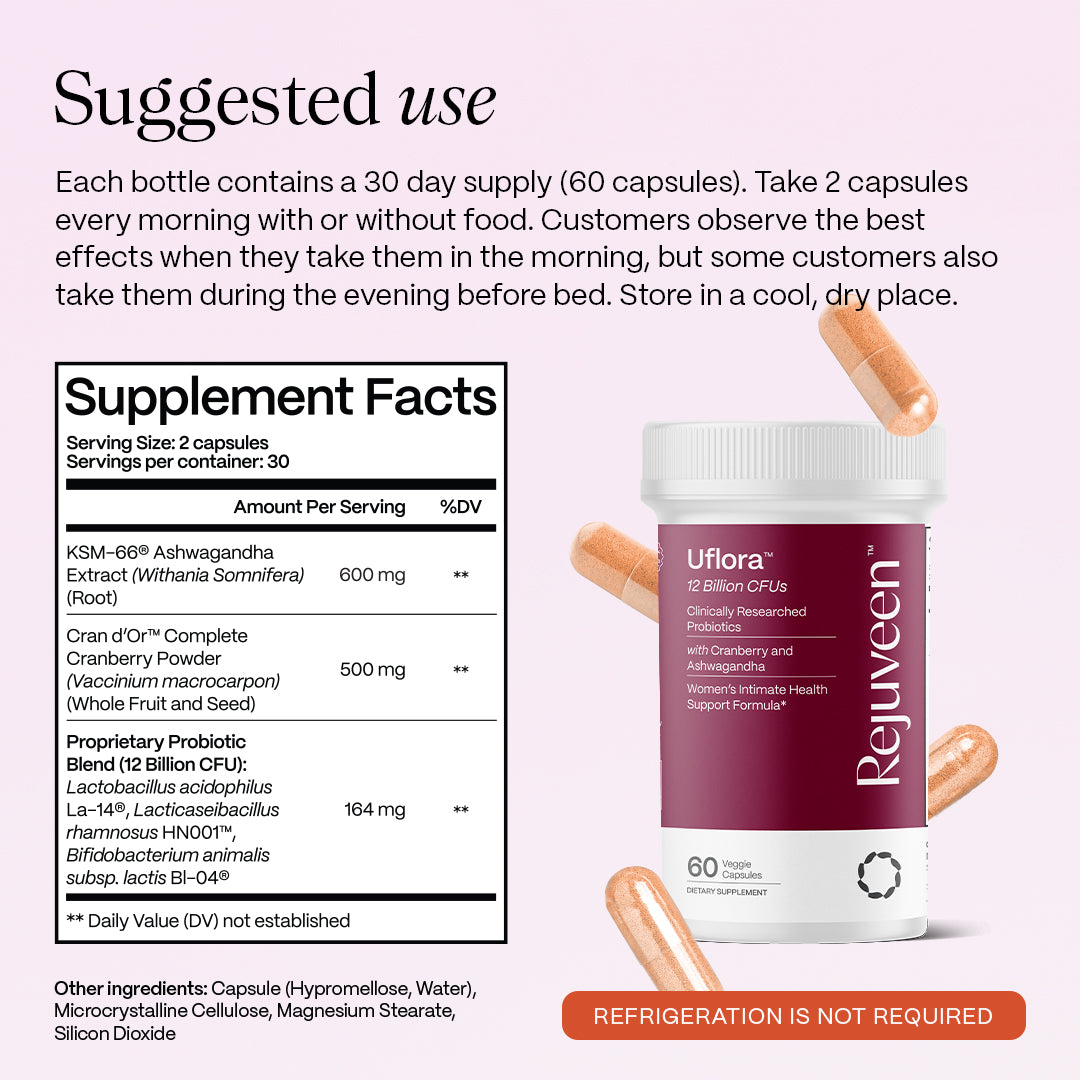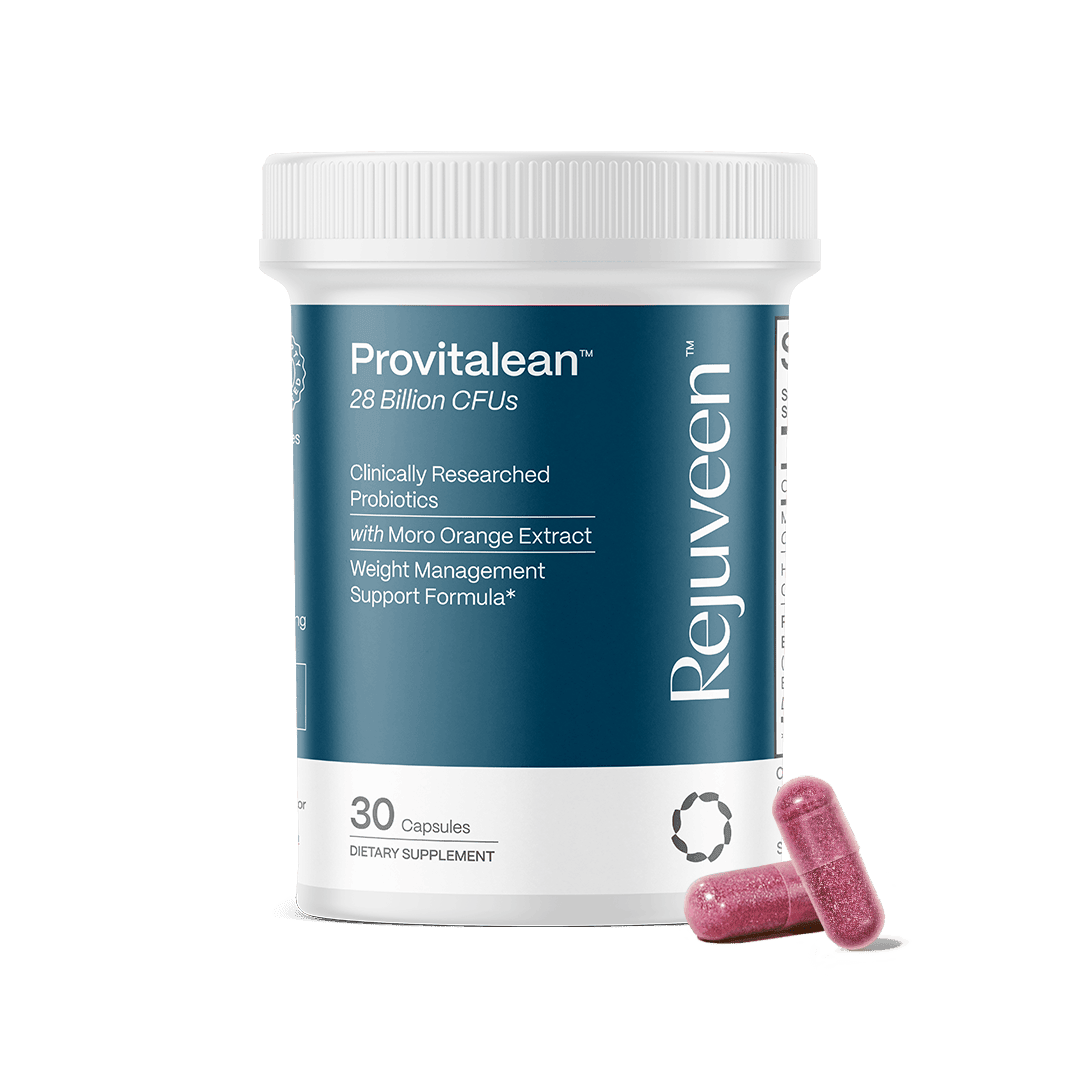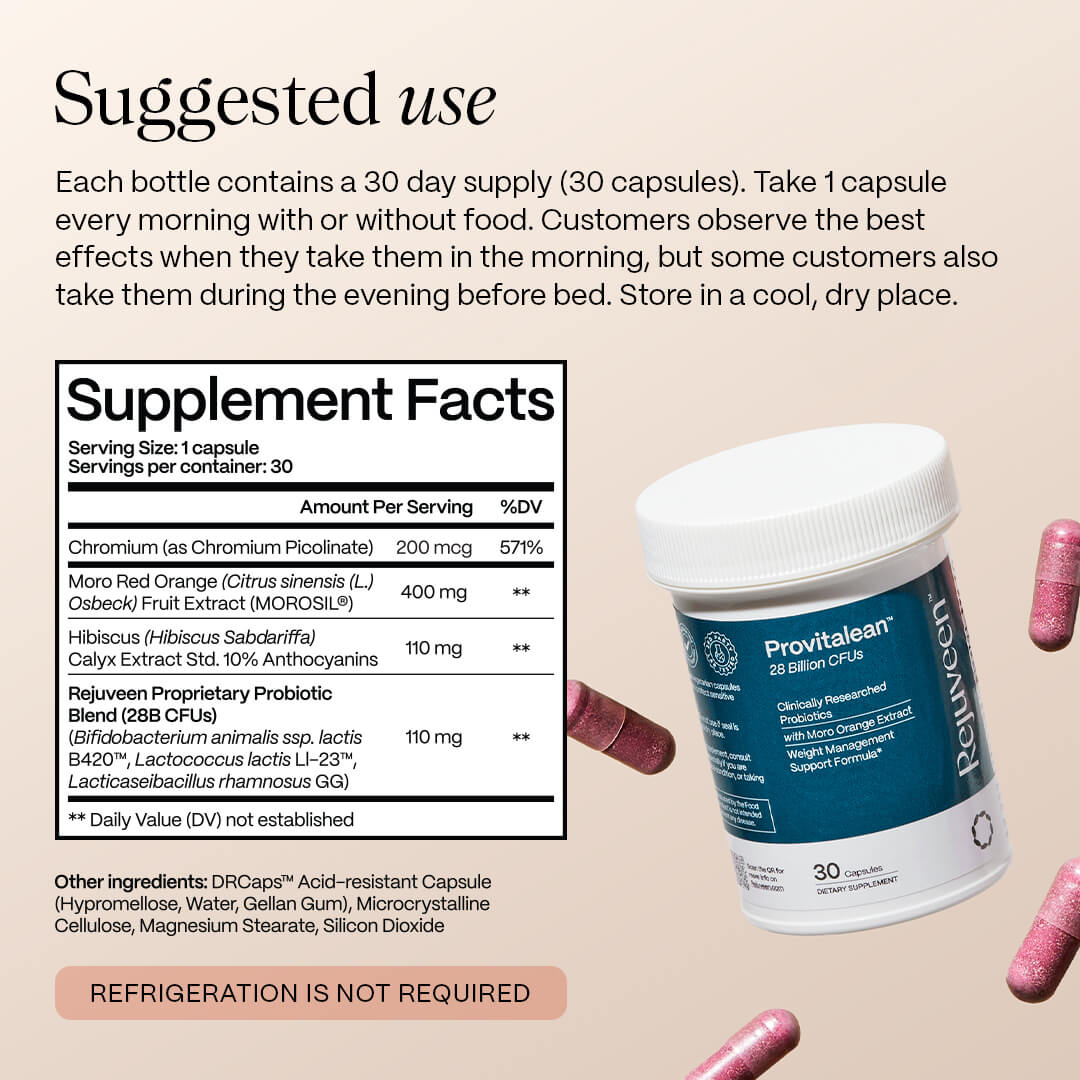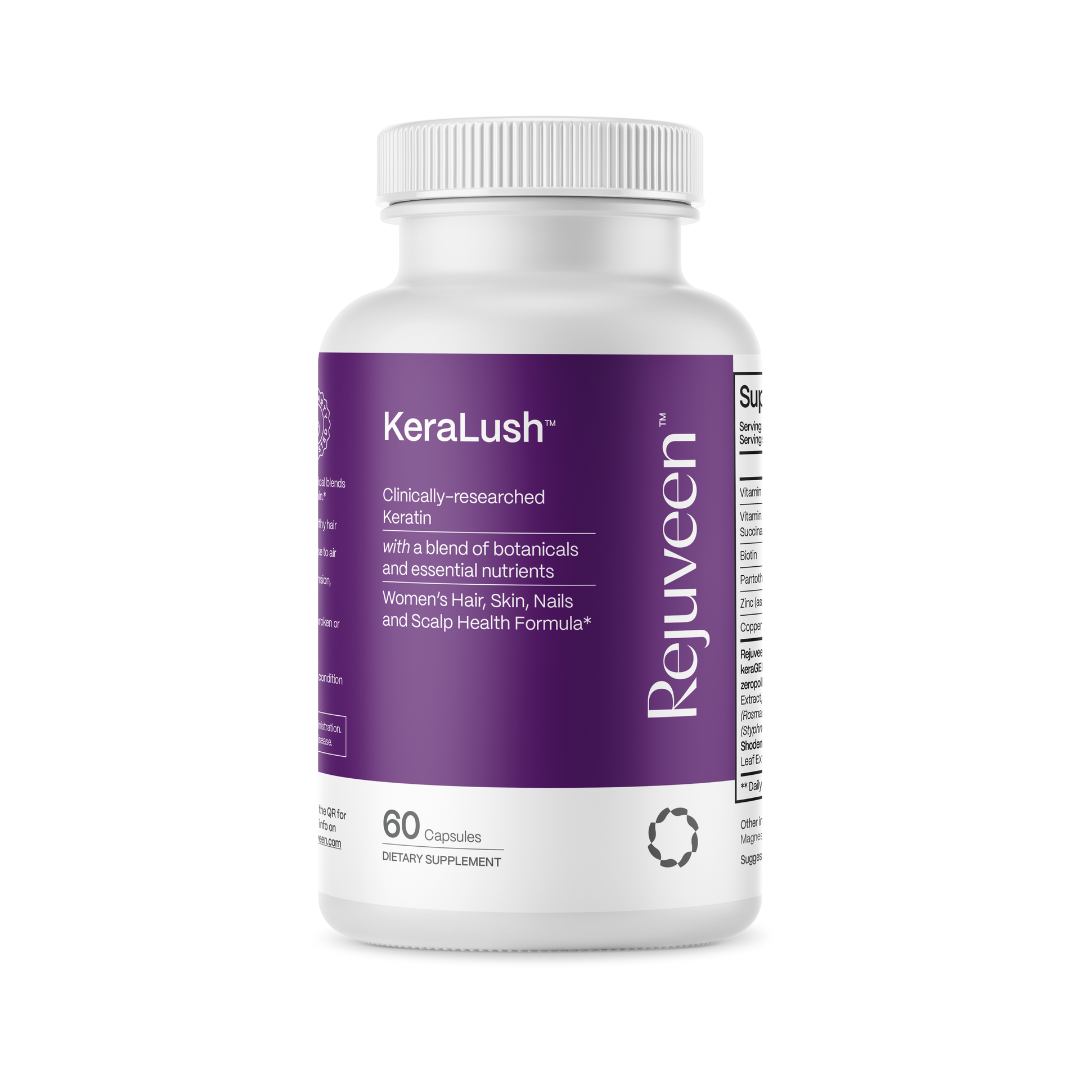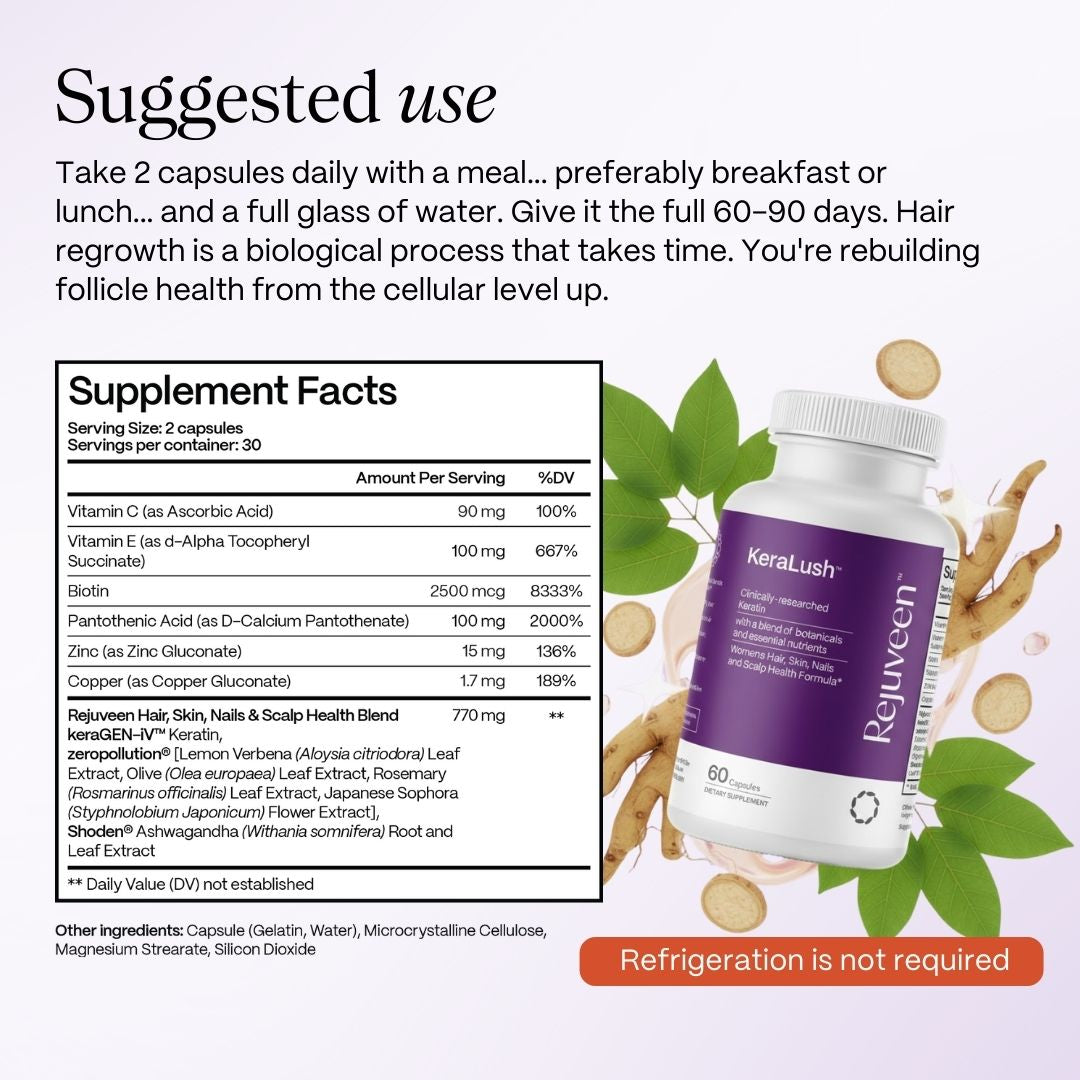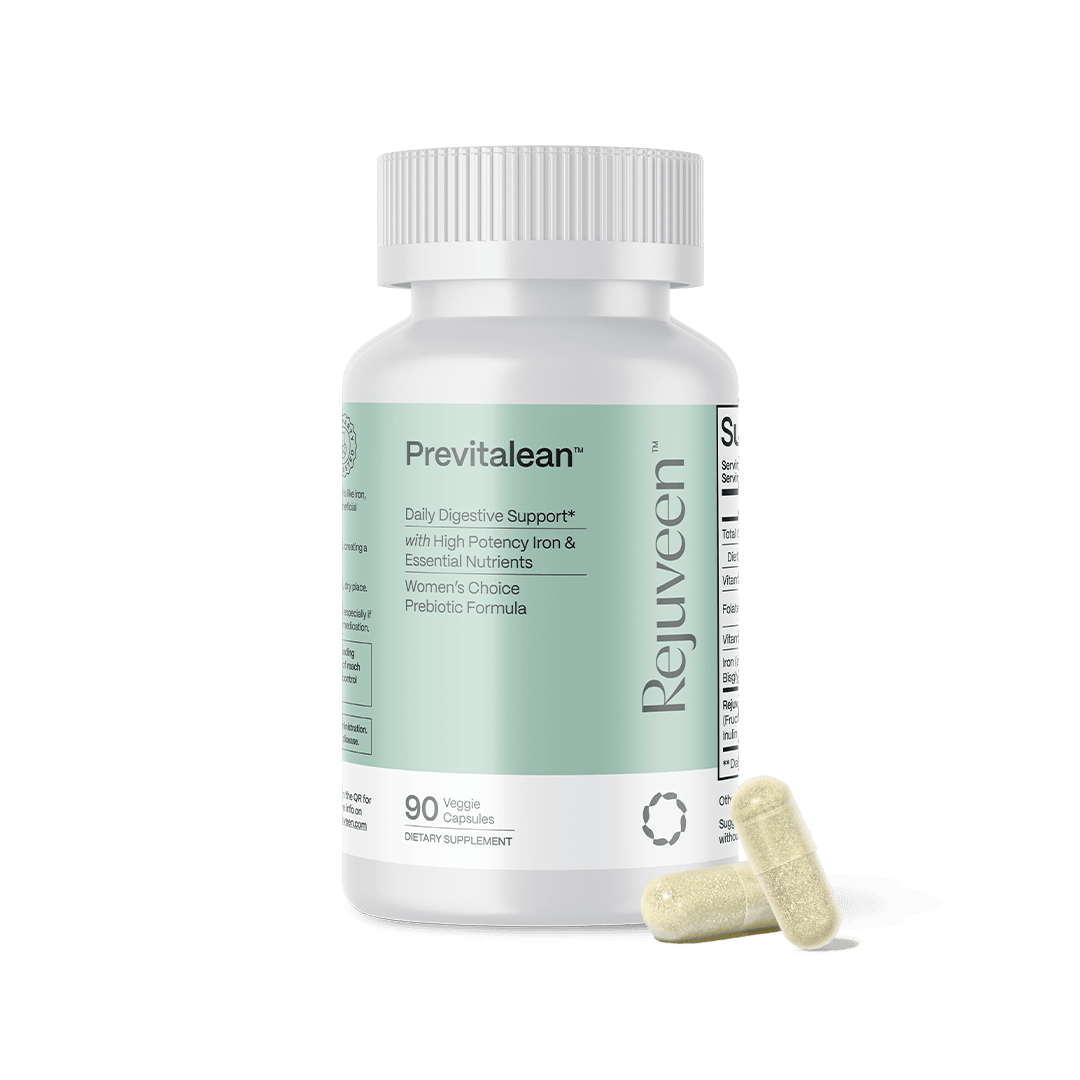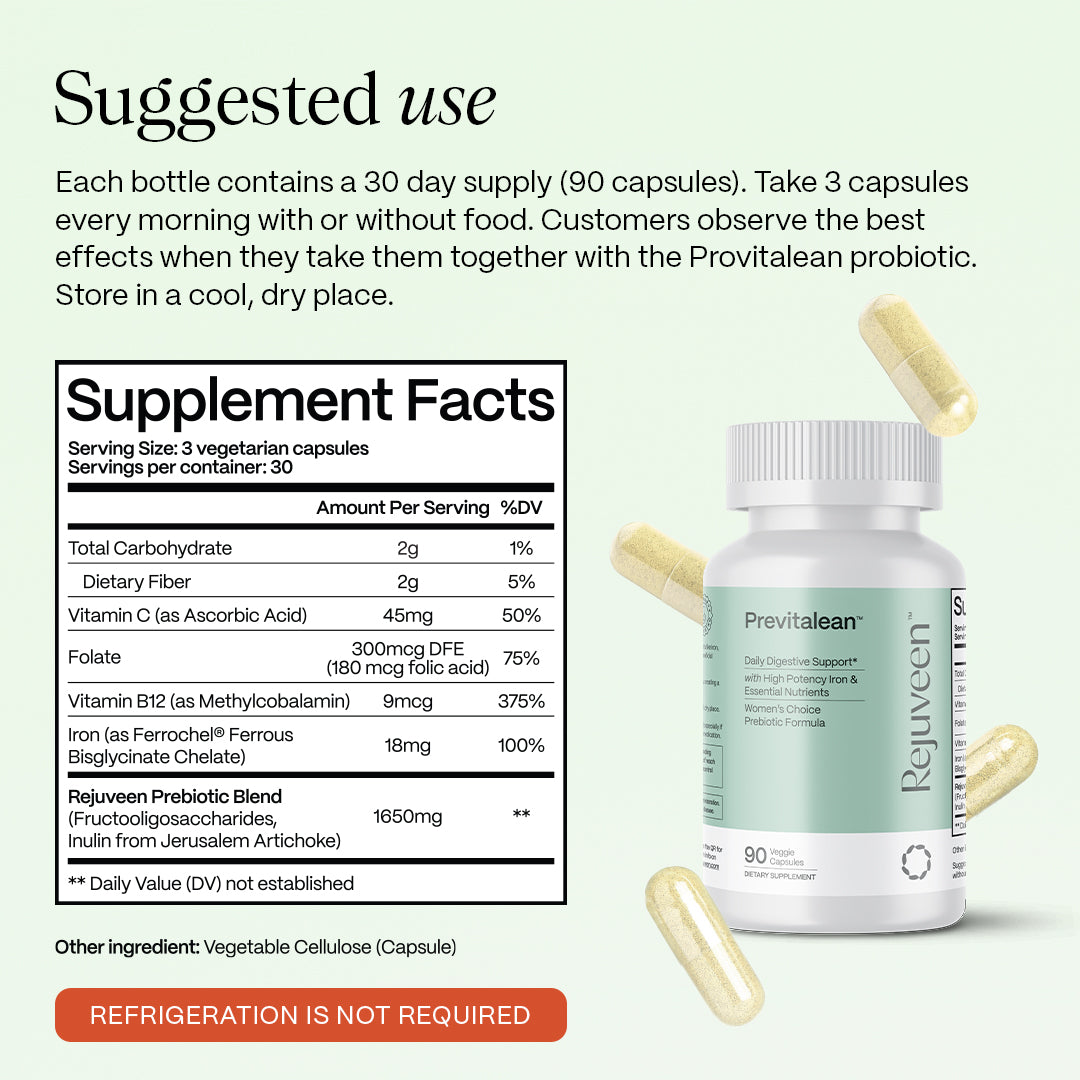Here's a not-so-fun fact: up to 60% of women will experience a urinary tract infection (UTI) in their lifetime.
Even less fun? About 30-44% of these women will face recurring UTIs.
Ouch.
We know that we just dealt you some alarming news…
But before you resign yourself to a lifetime of discomfort and antibiotics, there’s still hope…
And it lies in a tiny red fruit that's been quietly fighting these battles for centuries: the humble cranberry.
Trust us when we say that these aren't just home remedies, passed through word of mouth – science has some pretty impressive things to say about these tart little berries.
The Science Behind the Super-Berry
So what makes cranberries such powerful allies for women's health? It's all thanks to a flavonoid they’re packed full of, something called proanthocyanidins (PACs).
PACs are unique compounds that act like nature's own security system for your urinary tract. Here’s how they work to inhibit UTIs:
- Antiadhesive Properties: PACs act as 'antiadhesives' by preventing bacteria from adhering to the uroepithelium (the lining of the urinary tract). This inhibition is crucial because if bacteria cannot attach, they cannot multiply and cause an infection.
- Competitive Inhibition: When PACs are consumed, they are absorbed into the bloodstream and then passed into the urine. Here, they interfere with bacterial adhesion through a mechanism known as competitive inhibition, which further reduces the risk.
Guess what?
Cranberries do their job at preventing UTIs so well that the FDA has actually given cranberry products that contain 500mg of whole cranberry powder a qualified health claim for reducing the risk of recurrent UTIs in women.
Beyond UTIs: Your Body's (and Intimate Area’s) Best Friend

Cranberries aren’t just a one-trick pony. They're packed with antioxidants that help:
- Promote better inflammatory response
- Support tissue repair
- Reduce oxidative stress
- Maintain healthy pH levels in intimate areas
While we’re on the topic of pH levels, did you know that a healthy pH level for your intimate area to have is moderately acidic?
Cranberries—with their acidic nature, can help maintain this balance, creating an environment where good bacteria can thrive and unwanted visitors get the cold shoulder.
And speaking of bacteria, this is where things get really interesting...
The Dynamic Duo: Cranberries + Probiotics
When you combine cranberries—a protector, with probiotics—a nourisher, magic happens.
They work in perfect harmony, ensuring that your feminine area stays healthy. Here's how they do it:
- Cranberry PACs create an unwelcoming environment for harmful bacteria
- Probiotics move in and set up shop, promoting a healthy bacterial balance
- Together, they create a stronger defense system than either could alone
It's like having both a great security system AND friendly neighbors watching out for your intimate area – double the protection, double the confidence.
Making the Most Out Of Cranberries

While drinking cranberry juice might seem like the obvious solution, many commercial varieties are loaded with sugar and don't contain enough of those powerful PACs to make a real difference.
That's why many women are turning to concentrated cranberry supplements, especially those combined with targeted probiotics for intimate health.
Here’s what to look out for when looking for such a supplement:
- Ensure that it contains at least 500mg of 100% powdered, whole cranberry
-
Look for probiotic strains that have been proven to help with intimate health
- Like L.Acidophilus, L.Rhamnosus
-
Any other additional ingredients that can boost intimate health
- Like Ashwagandha for intimacy
In a Nutshell...
Your intimate health deserves more than just reactive care when problems arise.
By incorporating cranberry supplements into your daily wellness routine, especially those paired with probiotics, you're giving your body the support it needs to maintain optimal health and retain your confidence.
Think of it as a daily investment in your wellness – one that's backed by both centuries of traditional use and modern scientific research. Because let's face it: we've all got better things to do than worry about UTIs and intimate health issues.


